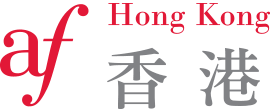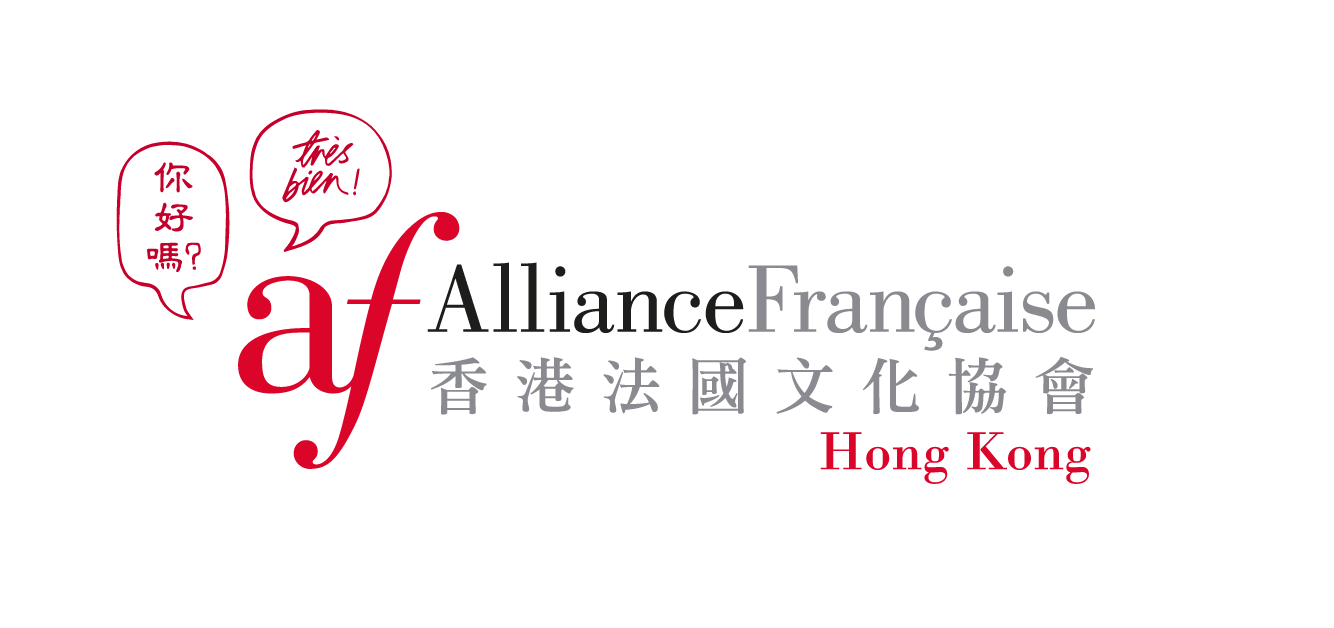Colours of Congo - Guided tours in English
University Museum and Art Gallery is holding an exhibition from February 23 to August 29, displaying a selection of Congolese work from the
1920s to 1960. UMAG is now proposing an invitation to AFHK members for an exclusive guided tour of the exhibition, Colours
of Congo: Patterns, Symbols and Narratives in 20th-Century Congolese Paintings.
There are two sessions of guided tour, one in French (B2 Level and above), one in English.
Schedule of guided tours:
21 Apr 2021 | 6:30pm-7:00pm | English (register below)
21 Apr 2021 | 6:30pm-7:00pm | French (register here)

Colours of Congo: Patterns, Symbols and Narratives in 20th-Century Congolese Paintings displays a selection of Congolese work created from the 1920s to 1960.
Thanks to unprecedented access to extensive archives and art collections, the exhibition’s narrative presents a generous overview of paintings that were instigated when a single artist from Belgium began a painting workshop so as to collaborate with the indigenous population of Elisabethville (modern-day Lubumbashi). This first studio was followed by other workshops that assisted in developing a hybrid artform that remains a celebrated phenomenon.
The European influence of painting first began with Georges Thiry, who worked for Belgium’s colonial administration starting in 1926. In Elisabethville, Thiry had noticed a series of painted murals of crocodiles and birds. He inquired about the artist and was introduced to Albert Lubaki. Thiry was fascinated by the artist Lubaki, his wife, and the other community members who continued to document their connection to the natural world through wall paintings.
The exhibition and accompanying volume of essays primarily examines this group of paintings as artworks worth considering on their own merits—describing their techniques and inherent beauty, while acknowledging that their iconographic contents reflect daily life within village communities. The juxtaposition of European artists and artistic materials brought to Africa, and the display of African paintings in European art metropolises, initiated decades of intense collaboration and cultural exchange.
Temporary assistant professor in the African Studies Program of the University of Hong Kong Dr Estela Ibáñez-García, “The exhibition displays a selection of Congolese paintings and provides diverse perspectives to assist audiences in understanding the complexity of Congolese realities during colonial times. These perspectives reveal that reality is a construct based on how individuals make sense of their own experiences. Experience is always subjective, as it refers to how events are received by consciousness. Yet, as the essays in this catalogue illustrate, we can transcend this narrow sphere of subjectivity through the arts. A close reading of the paintings reveals how Congolese artists articulated and represented their own experiences during colonial times; a critical reading of how Europeans used and interpreted these creations also indicates their own worldview.”
Details of the Exhibition
Period: February 23, 2021 (Tuesday) to August 29, 2021 (Sunday)
Opening Hours:
9:30 am – 6:00 pm (Tuesday to Saturday)
1:00 pm – 6:00 pm (Sunday)
Closed on Mondays, University and Public Holidays
Venue: 1/F T.T. Tsui Building, University Museum and Art Gallery, HKU, 90 Bonham Road, Pokfulam, Hong Kong
Tel/Email: (852) 2241 5500 (General Enquiry) / museum@hku.hk
Admission: Free
Website: http://www.umag.hku.hk/en/
In the Interest of Public Health, UMAG will Adopt the Following Measures
- All museum visitors are required to register their name, contact number and the date and time of the visit or scan the
"LeaveHomeSafe" QR code before entering UMAG.
- A temperature check will be conducted upon entry.
- Visitors are required to properly wear their face mask at all times. They are advised to wash their hands and use the hand sanitizer and
sink available at the entrance.
- Crowd control measures will be in place; UMAG reserves the right to limit the number of visitors.
- Children under 12 can only enter the museum when accompanied by an adult.
- Disability access is available upon request.
UMAG will continue to assess the situation and adjust the relevant preventive measures as necessary.

